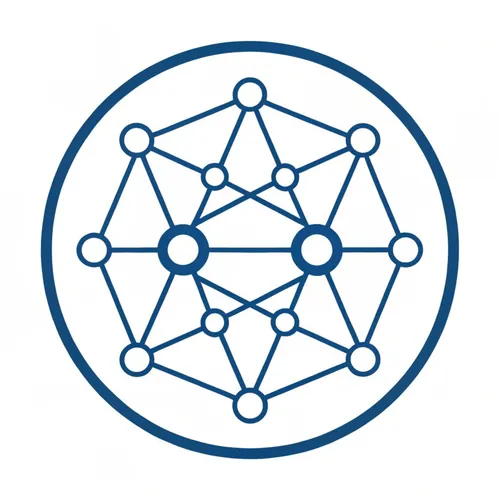Deciphering Reinforcement Learning for Language Models
- Author
- Neural Intelligence Network
- Published
- Thu 28 Aug 2025
- Episode Link
- https://podcasters.spotify.com/pod/show/neuralintelpod/episodes/Deciphering-Reinforcement-Learning-for-Language-Models-e37bueb
This document comprehensively reviews various reinforcement learning (RL) techniques used to improve the reasoning abilities of large language models (LLMs). The authors address the lack of standardized guidelines and conflicting research findings in this rapidly developing field by performing rigorous, isolated evaluations of common RL techniques. Through these experiments, they analyze the internal mechanisms and applicable scenarios for methods like normalization, clipping, filtering, and loss aggregation. The paper culminates in the proposal of "Lite PPO," a minimalist combination of two techniques that demonstrates superior performance over more complex algorithms by leveraging robust advantage normalization and token-level loss aggregation for non-aligned models. Ultimately, the work aims to provide clear, empirically-backed guidelines for practitioners and advance the understanding of RL for LLMs.
